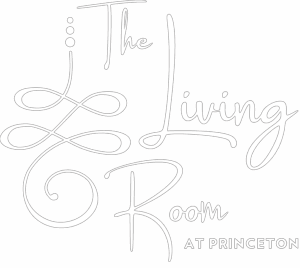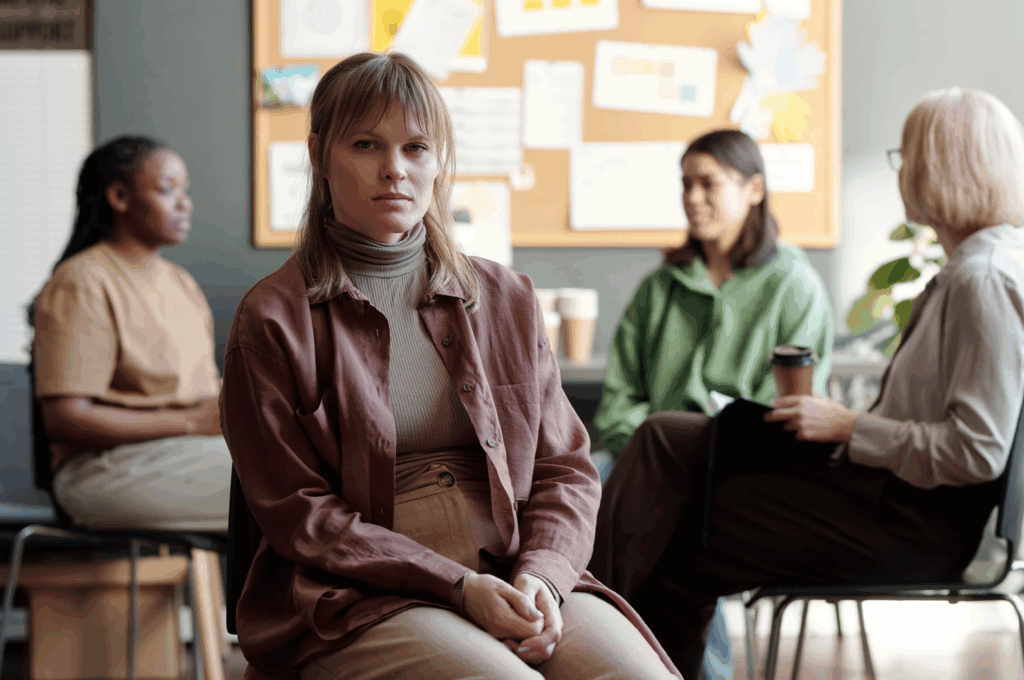From early pioneers who broke silence and stigma to today’s innovators crafting trauma-informed therapies, women have driven many breakthroughs in addiction care and recovery alike.
Their insights ensure that recovery programs aren’t one-size-fits-all but designed around women’s real-world needs, making a path to sobriety that fits women’s unique experiences.
Below we discuss the importance of female perspectives in addiction recovery and some of the women who have helped shape the movement that changed the world.
Why We’re Discussing Women in Addiction Recovery
Substance use disorders among women have surged, spotlighting the need for care that reflects their unique experiences. Hormonal shifts, higher rates of trauma, and co-occurring issues like depression all shape how quickly women progress from first use to full addiction—and the severity of its consequences, from health complications to stigma.
Centering women in treatment isn’t just equitable—it works. Programs that weave in trauma-informed therapies, women’s peer groups, and holistic practices such as mindfulness or yoga consistently show stronger engagement, higher retention, and more lasting recovery.
By aligning care with women’s specific needs, we close gaps in outcomes and give every woman the best chance to heal from the addiction itself as well as any co-occurring disorders.
A few concerning datapoints illustrating the rising need for women-center addiction care:
- From 1999 to 2017, the drug overdose death rate among women aged 30–64 climbed from 6.7 to 24.3 per 100,000—a 260% increase.
- Between 2001–02 and 2012–13, adult women in the U.S. saw a 16% rise in overall alcohol use, a 58% jump in high-risk drinking, and an 84% increase in one-year prevalence of Alcohol Use Disorder.
- Over the past two decades, women have experienced larger increases in alcohol-related emergency department visits, hospitalizations, and deaths compared with men.
Women Who’ve Shaped Recovery and Treatment for Addiction
The substance use disorder recovery movement and modern addiction treatment wouldn’t exist as we know it without the contributions of many great women who made their voices heard. Here are just a handful of the women who helped shape the course of recovery and addiction treatment history for us all:
Lois Wilson: Founder of AL-ANON
Without mentioning Lois Wilson, a list of great women in recovery wouldn’t be complete. Lois began AL-ANON in her humble kitchen by assembling the wives of the men addicted to alcohol to provide support for one another. Today AL-ANON has over 24,000 groups worldwide in 118 different countries supporting men, women and families of those with alcohol addiction.
Marty Mann: Advocate and Influential Early AA Member
As an early AA member, Marty Mann transformed women’s recovery. Credited as the first woman to achieve long-term sobriety through AA, she spent her career fighting the stigma of alcohol use disorder (alcoholism). In 1944, she founded the National Committee for Education on Alcoholism—today’s National Council on Alcoholism and Drug Dependence (NCADD)—carrying on her legacy.
Dr. Stephanie S. Covington: Pioneer in Trauma-Informed Addiction Treatment
Therapist and author Dr. Stephanie S. Covington reshaped women’s addiction care with her gender-responsive, trauma-informed model. Her impact lies in clinical psychology rather than advocacy, yet it’s equally vital. Covington developed the acclaimed “Helping Women Recover” program, tailored to women and girls, which remains a cornerstone of effective, healing-centered treatment today
From Perspectives to Women-Centered Addiction Treatment Solutions
While all people experiencing addiction have many similar challenges to overcome, women disproportionately face some unique hurdles on the path to recovery. They can include domestic violence or childhood abuse to co-occurring conditions like anxiety. When we factor in the pressures of the caretaker role that so many women in our society play, it’s easy to understand why women-centered recovery solutions are so vital. Naturally, female perspectives on addiction treatment and recovery are critical to developing these solutions.
Gender-responsive programs like The Living Room, apply tailored elements include:
• Women-only groups & trauma-informed care
Safe, confidential spaces where survivors of trauma can share without judgment and heal together under clinicians trained in sensitivity.
• Holistic therapies aligned with women’s needs
Art therapy, mindfulness workshops, yoga classes and other mind–body approaches that soothe stress, rebuild self-esteem, and foster resilience.
• Family-focused interventions & parenting support
Family therapy and counseling for family dynamics help women repair relationships and tackle both recovery and caregiving with confidence
Championing Female Voices in Addiction Care and Recovery
For decades, women’s voices were sidelined in conversations about substance use, treatment, and recovery. While that has improved, the work’s not done. Today, women’s perspectives carry more weight than ever, influencing research, shaping program design, and redefining support networks.
This progress is far from assured. It falls on all of us, clinicians, policymakers, advocates, and peers, to keep women at the center, seen and heard as much as men. We must ensure treatment meets people where they are, and to make recovery resources accessible to everyone.
Find Your Peace at The Living Room
The Living Room at Princeton is perhaps New Jersey’s most innovative outpatient mental health treatment program. Our unique blend of evidence-based clinical care methods is precisely balanced by our holistic approach to mental health. Our mission is simple. To both heal and empower the people entrusted to our care to manage their own conditions and to grow and heal.
Let’s talk about what The Living Room can do for you or the one you love, today.

